-
Application areas of Proxy Server
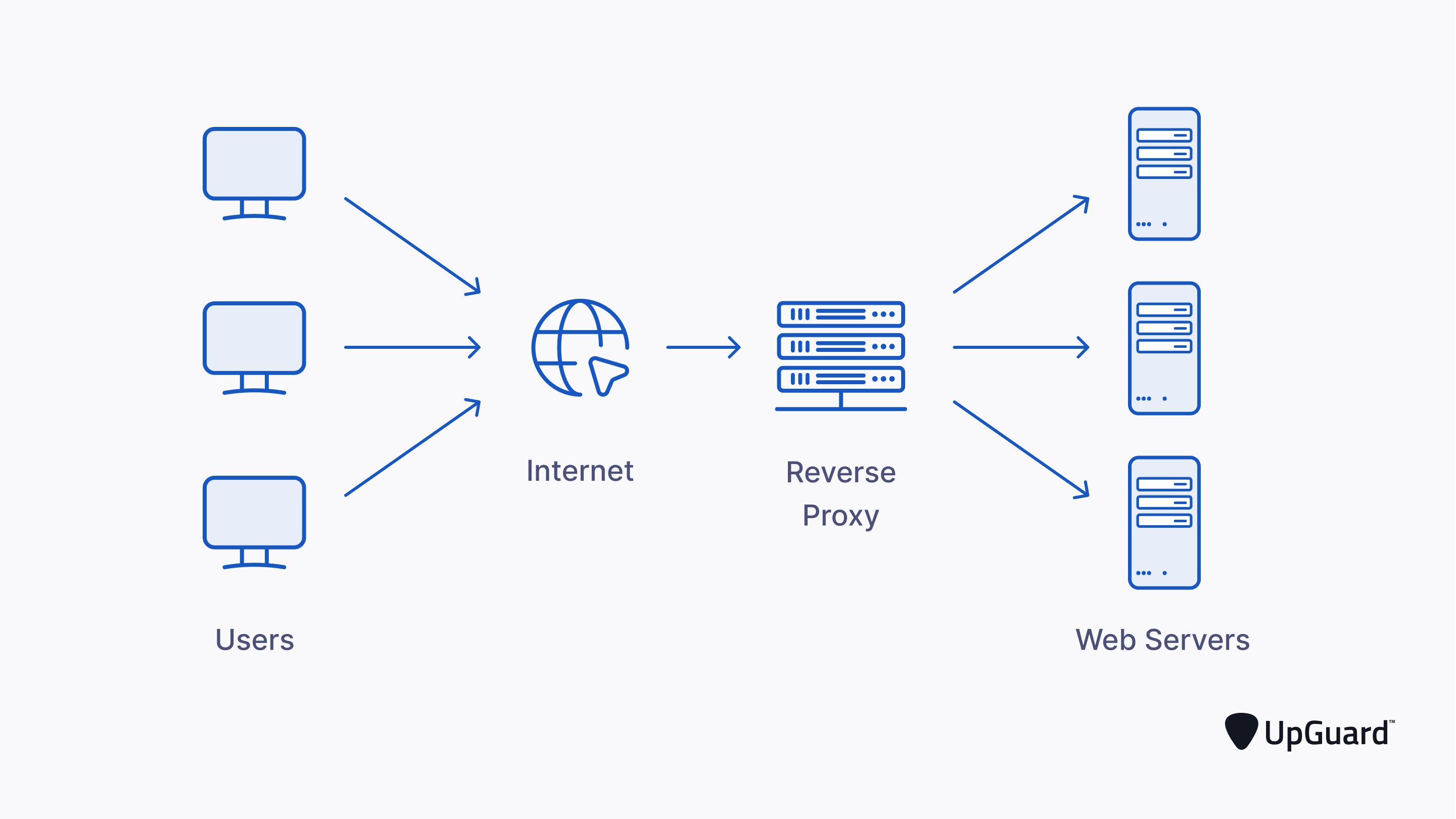
In the field of data science, web crawlers are an important source of external data. However, under the circumstance that the existing anti-crawling mechanism is becoming more and more common and perfect, the simple violent crawler has become more and more unable to meet the actual data acquisition needs. Specifically, one of the methods widely…
-
Types of Proxy servers
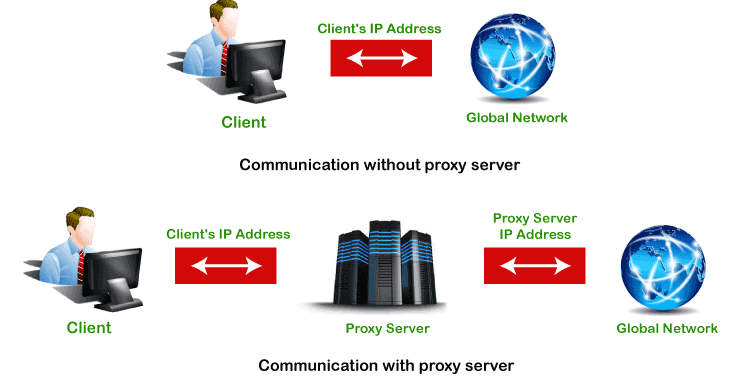
Forward proxyForward proxies are used to transmit data to groups of user within an internal network. When the request is sent by the sender, the proxy server assesses the data to decide whether it should go ahead and form a connection. Public proxyPublic proxies are available to anyone, and it works by providing its users…
-
proxy servers

Even though each proxy server provides users an alternate address, there are various types of proxy servers, such as: Reverse proxy server: A reverse proxy server typically sits behind a private network’s firewall and routes client data to a specific backend server. The server adds an extra layer of abstraction and control to ensure network…
-
What is a proxy server and how does it work?
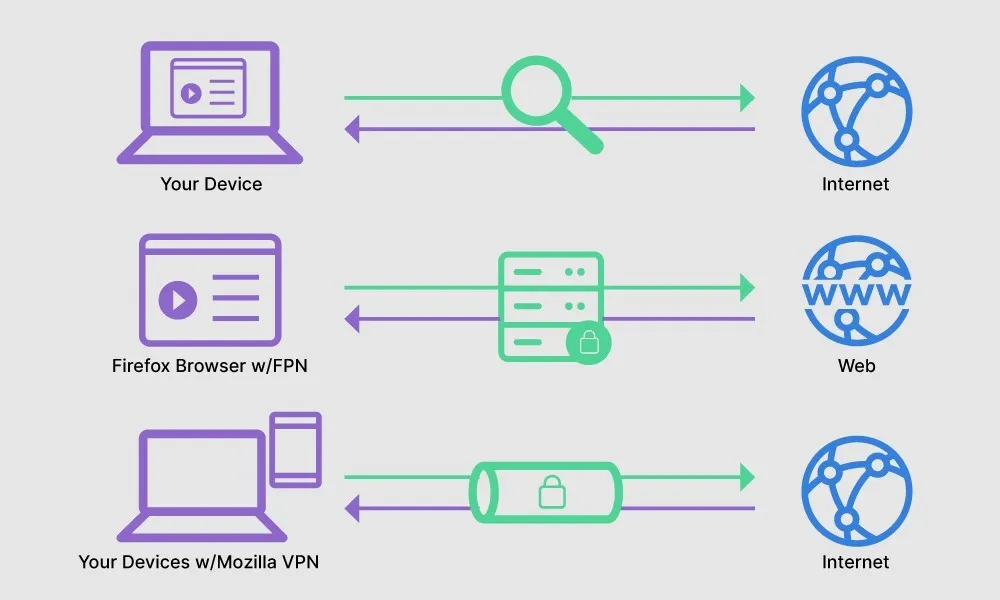
Proxy servers act as relays between the website you’re visiting and your device. Your traffic goes through a middle-man, a remote machine used to connect you to the host server. The web proxy server hides your original IP address so that the website sees the IP of the proxy (in some cases, the computers of…
-
Proxy Servers by Protocol
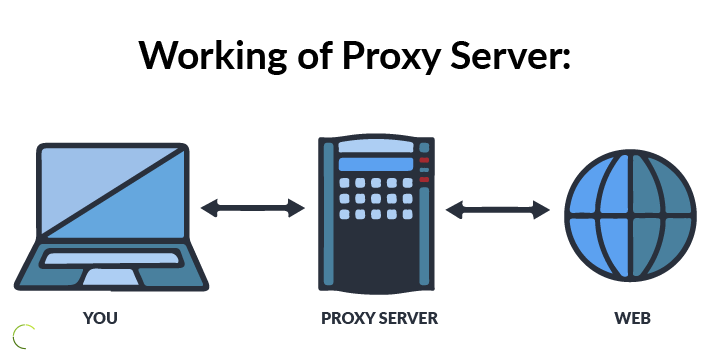
A proxy server can use different protocols to operate HTTP and HTTPS protocols are reserved for web content. HTTP proxy servers offer only the basic service of hiding the original IP address. While the address might be hidden, all activity through this protocol is visible online. On the other hand, HTTPS protocol allows for secure,…
-
What is a proxy server?
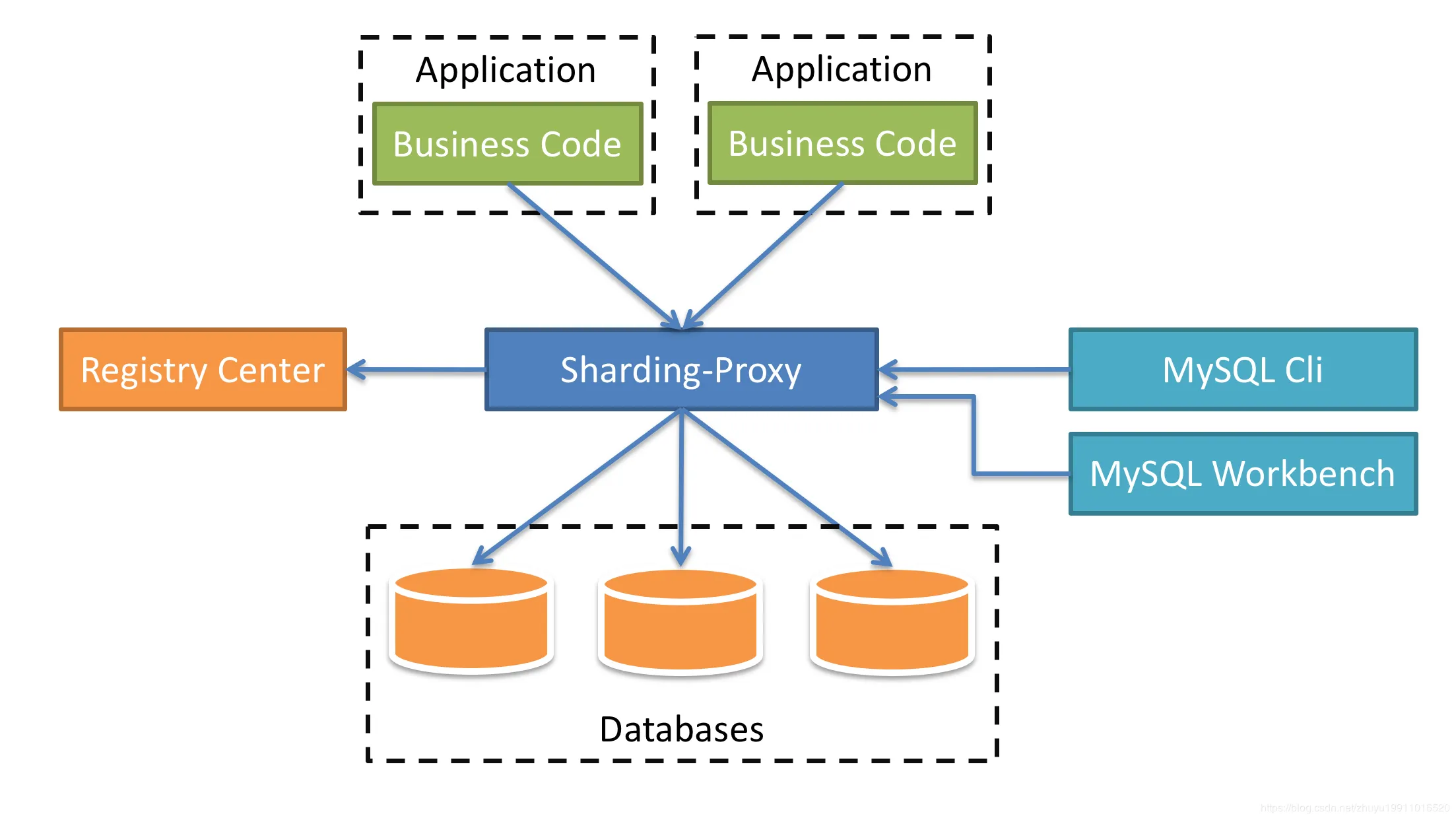
Simply put, a proxy server represents a gateway through which your device communicates with the internet. While this explanation is simple enough, it doesn’t really say volumes about what proxy servers do, how they function, and why you’d need one. Let’s break it all down. When your computer goes online, the process usually involves two devices:…
-
Advantages of using proxy servers

So, what is the point of using an HTTP proxy or any other type of proxy? There are numerous reasons for doing so, including: Control: There’s a lot of crazy stuff on the internet. A content filtering proxy can help if you’re a parent looking to protect your young children from some of it. Privacy: Anonymous and…
-
Types of proxy servers

Even though each proxy server provides users an alternate address, there are various types of proxy servers, such as: Reverse proxy server: A reverse proxy server typically sits behind a private network’s firewall and routes client data to a specific backend server. The server adds an extra layer of abstraction and control to ensure network traffic…
-
Frequently Asked Questions: Proxy Servers
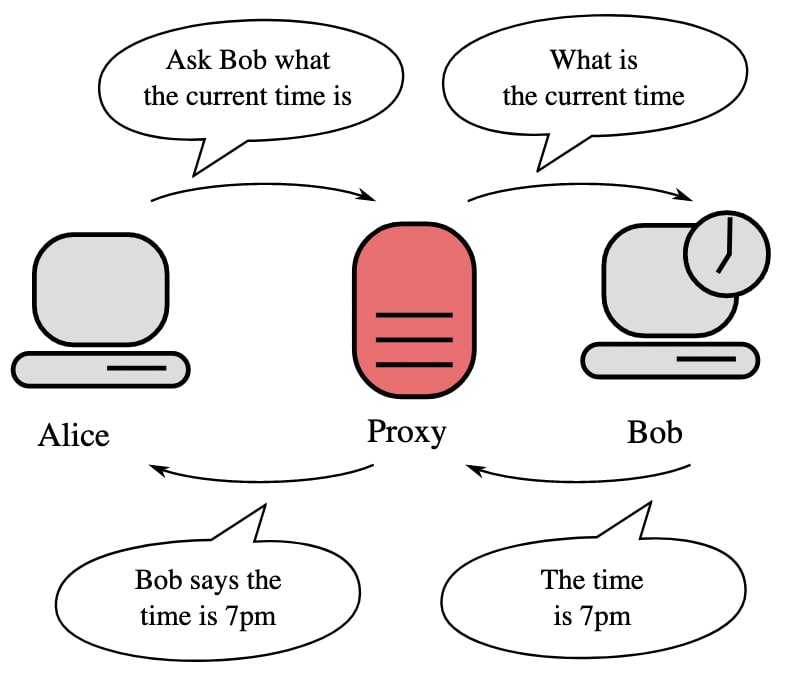
Proxy Server Definition A proxy server is an intermediary server separating different networks or services. What is a proxy server used for? A proxy server is used for a variety of purposes, including functionality, security, and privacy. With a proxy, you can control the internet usage of employees, save on bandwidth for faster connectivity, load…
-
How Does a Proxy Server Operate?
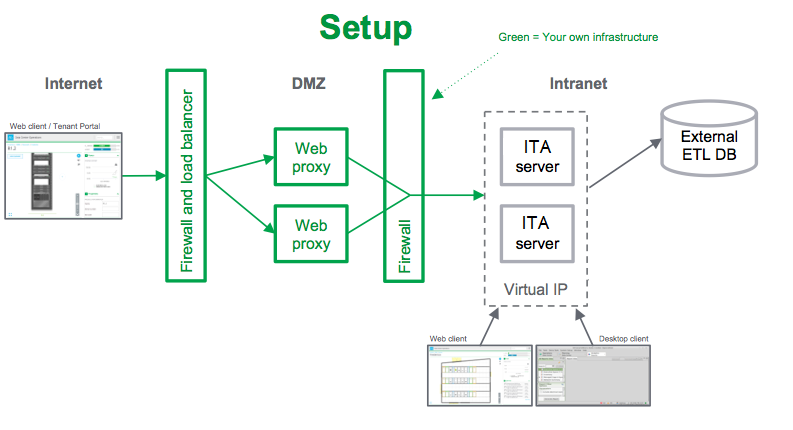
Every computer on the internet needs to have a unique Internet Protocol (IP) Address. Think of this IP address as your computer’s street address. Just as the post office knows to deliver your mail to your street address, the internet knows how to send the correct data to the correct computer by the IP address.…